The Ethics of Artificial Intelligence

As AI becomes deeply embedded in society, ethical concerns take center stage. Key issues include bias in algorithms, lack of transparency in AI decision-making (the “black box” problem), and the potential for surveillance or job displacement.
AI in Healthcare: Revolutionizing Diagnosis and Treatment

Artificial Intelligence is revolutionizing healthcare by enhancing diagnostics, streamlining patient care, and personalizing treatment. AI algorithms can now detect diseases like cancer, heart conditions
Generative AI and the Future of Creativity

Generative AI is transforming the way we think about creativity. Tools like ChatGPT, DALL·E, and MidJourney can generate text, images, and music from simple prompts, enabling creators to go from concept to execution in seconds.
The Physics of Time Travel
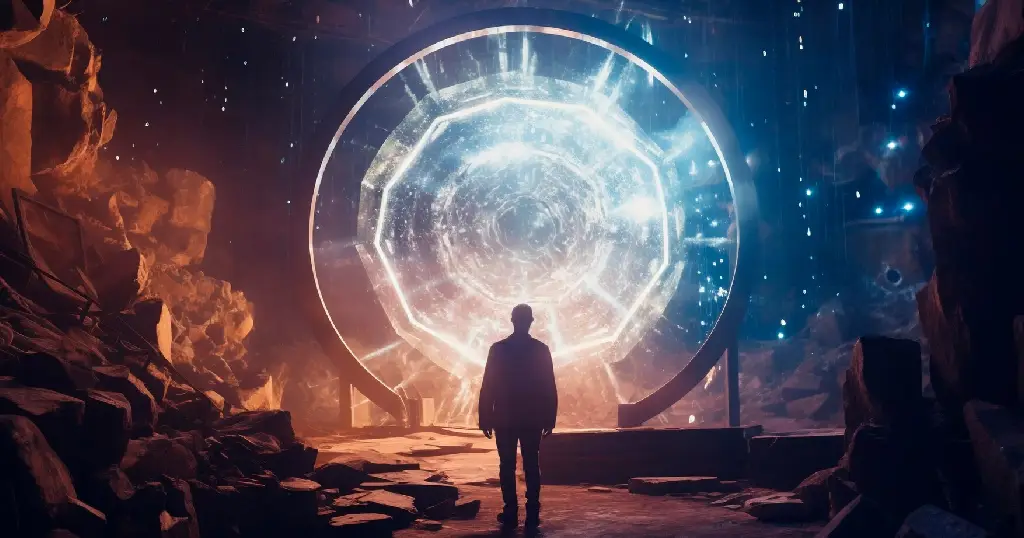
Time travel has fascinated scientists and storytellers for generations. While fictional in most respects, physics offers intriguing theories. Einstein’s theory of relativity suggests that time slows down near light speed
Oceanography: The Science of the Sea
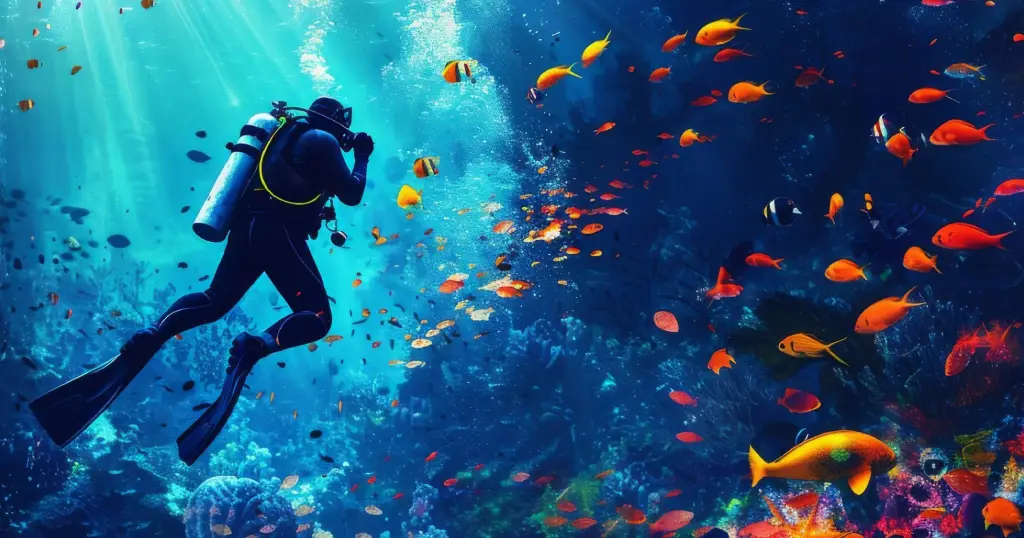
Oceanography explores the vast and largely unknown marine environment that covers over 70% of Earth’s surface. Scientists study ocean currents, ecosystems, plate tectonics, and marine organisms.
Renewable Energy: Science of Sustainable Power

Renewable energy sources like solar, wind, hydro, and geothermal are crucial for reducing our dependence on fossil fuels. Solar panels convert sunlight into electricity using photovoltaic cells.
Artificial Intelligence and Human Brain Simulation
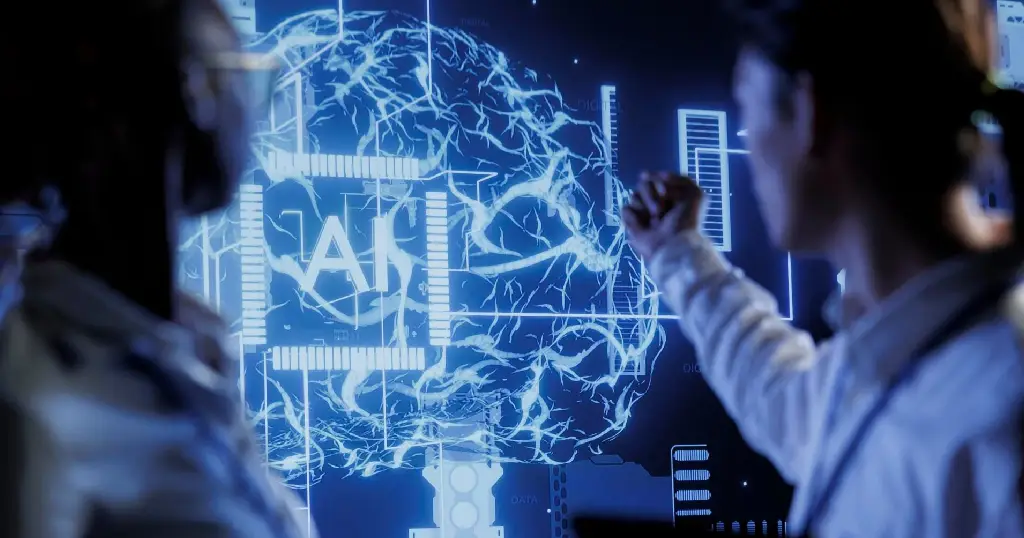
Scientists are working to simulate the human brain through artificial intelligence, aiming to replicate functions like memory, perception, and learning. Brain-inspired AI models
Space Exploration: Beyond the Moon
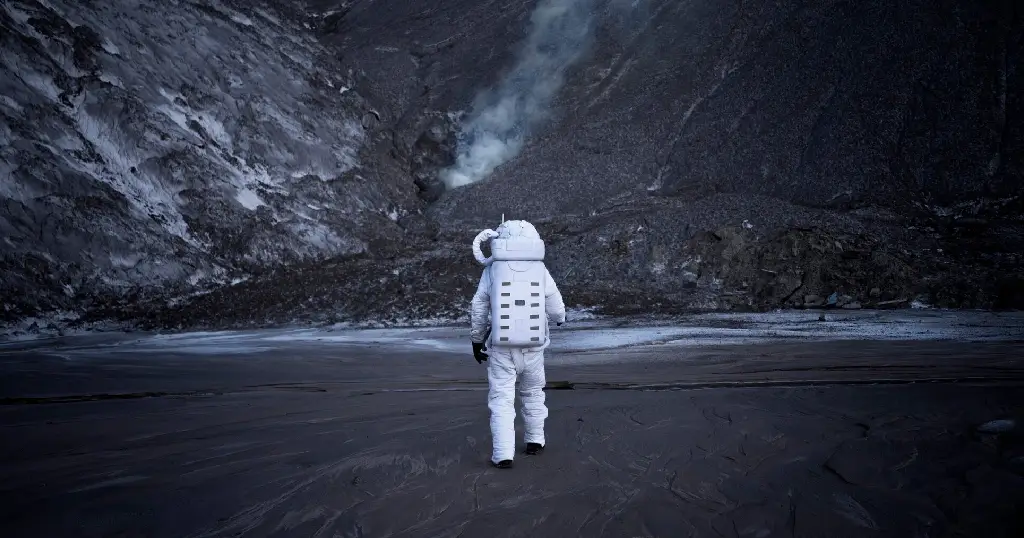
Space exploration has evolved from moon landings to ambitions of colonizing Mars. NASA, SpaceX, and international space agencies are launching missions to explore distant planets, study black holes
The Science Behind Vaccines

Vaccines are one of the most significant achievements in modern medicine. They work by introducing a harmless part of a virus or bacteria—often inactivated or weakened—into the body to stimulate an immune response.
Climate Change and Its Global Impact
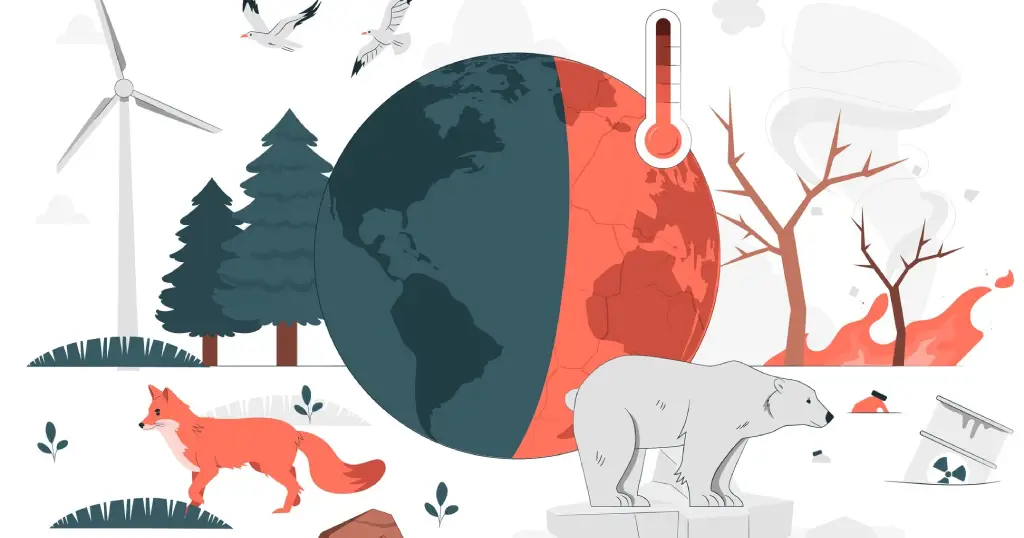
Climate change is the defining environmental challenge of our time. Driven largely by human activities like burning fossil fuels, deforestation, and industrial pollution, Earth’s average temperatures are rising.
